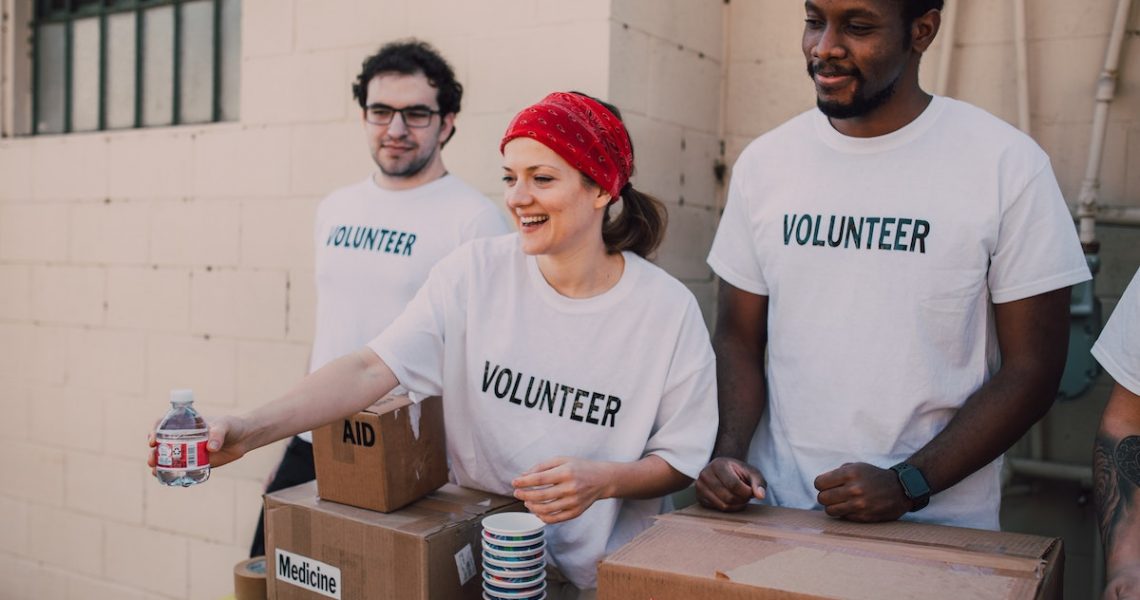Everyone deserves to feel supported, even those who have made mistakes in the past. And as the United States remains the world’s leader in incarceration rates, it’s important to remember that those individuals are still human beings who deserve to get treated with care and compassion. Unfortunately, society often looks down on incarcerated individuals, making it hard for them to reintegrate into society and find gainful employment.
This part is where alternative treatments come in. By providing support and care, authorities can open new doors for these individuals and offer opportunities to be reformed and become better members of society.
There are many types of alternative treatments available, and each one can be tailored to the specific needs of the incarcerated individual. Some common treatments include the following:
Cognitive behavioral therapy
Many incarcerated individuals have experienced trauma in their lives, whether growing up in a complex environment or committing crimes. As a result, they may struggle with mental health issues like anxiety, depression, and PTSD.
Cognitive behavioral therapy (CBT) is a type of talk therapy that can help people manage their emotions and thoughts. CBT can benefit those who have experienced trauma, as it can help them understand and cope with their feelings.
By teaching incarcerated individuals how to manage their emotions, CBT can help them avoid outbursts, impulsivity, and other violent behaviors. This way, they can better control their actions and make more positive choices.
Rehabilitation
Incarcerated individuals may suffer from several types of addictions, such as drug addiction, alcoholism, gambling, and sex addiction. While some obsessions can be more challenging to overcome, rehabilitation can help people manage their compulsions and learn how to live without substance abuse.
Rehabilitation programs typically involve group therapy, individual counseling, and 12-step programs. These programs can teach people how to cope with their addiction, triggers, and withdrawal symptoms.
Rehabilitation can be a vital step in helping incarcerated individuals turn their lives around. For instance, an individual with an unusual sexual addiction can go through an effective sex offender rehabilitation program to help lower their chances of reoffending. Teaching them how to live responsibly can avoid the temptation to relapse and return to criminal activity.
The same goes for other types of addiction. With enough rehabilitation and support, incarcerated individuals can learn how to overcome their addiction and live healthier, productive life.
Returning to society
When incarcerated individuals get released from prison, they often face many challenges. They may have trouble finding a job, housing, and social support.
These difficulties can make it hard for them to stay on the right track. Fortunately, many programs and organizations can help them reintegrate into society. These programs can support job search, housing, and other crucial needs. They can also connect returning citizens with social services and resources in their community.
By getting the proper support, incarcerated individuals can successfully return to society and lead productive lives. As a result, they can contribute to their community and avoid returning to a life of crime.
Art expression
Sometimes, incarcerated individuals may be unable to express their feelings in words. Art expression can give them a creative outlet to communicate their thoughts and emotions.
Art expression can take many forms, such as painting, drawing, sculpting, and music. It can be a therapeutic way for people to process their thoughts and feelings. It can also help them develop self-awareness and confidence.
Art expression can be a valuable tool in helping incarcerated individuals reform. It can help them understand themselves better and make more positive choices. More so, it can give them a sense of purpose and pride in their work. In doing so, art expression can help incarcerated individuals stay on the right track after release.

Volunteer work
Giving back to the community can be a rewarding experience. It can also help people in need and make a difference.
For incarcerated individuals, volunteer work can be an opportunity to give back to society. It can also help them develop new skills and build their resume. Whether working in a soup kitchen or tutoring kids, volunteer work can help incarcerated individuals make a positive impact.
Volunteer work can also help them feel better about themselves. With a sense of purpose, they can be more likely to work on themselves and stay on the right track.
As you can see, there are many alternative treatments available for incarcerated individuals. These treatments can be tailored to the specific needs of the individual and can help them overcome some of the challenges they face. With the proper support, these individuals can successfully return to society and lead productive lives.

